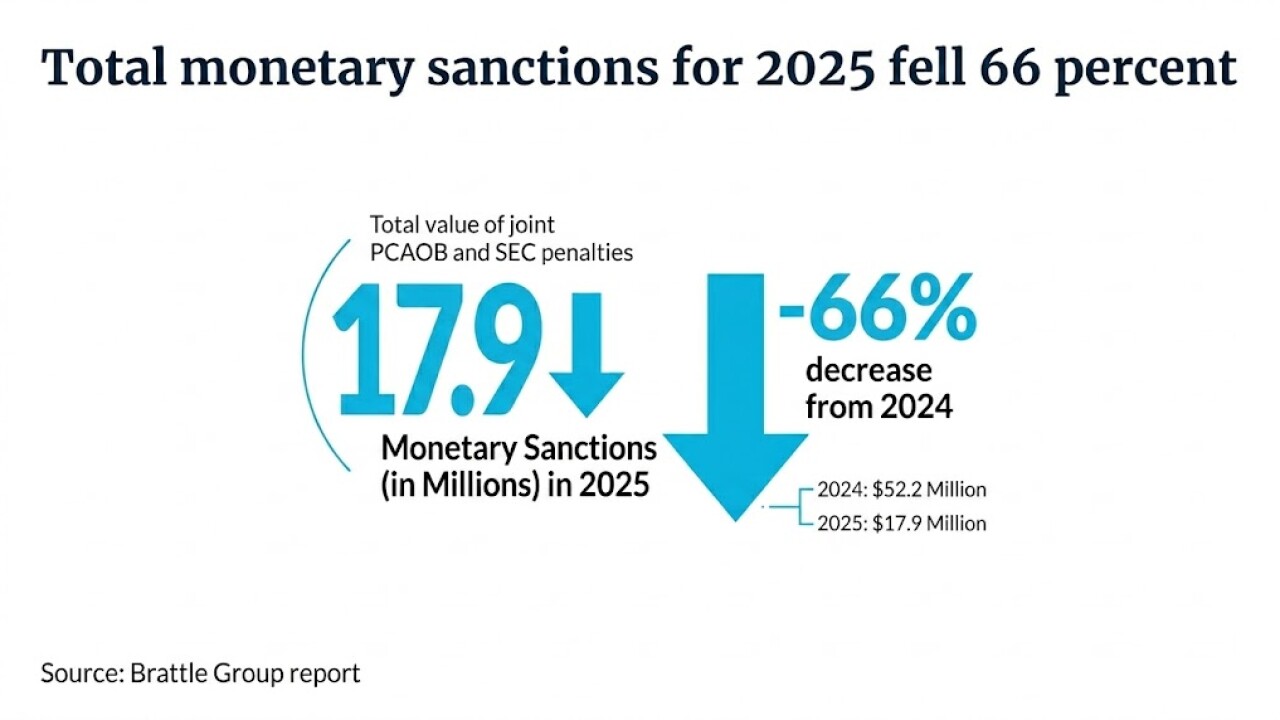Standard & Poor’s decision to downgrade the credit rating for U.S. debt could put new pressure on the members of the so-called “super committee” in Congress to agree on tax reforms.
As part of last week’s deal to raise the debt ceiling, the 12-member special committee is supposed to meet when Congress returns from recess to come up with a plan to reduce the federal budget deficit by approximately $1.5 trillion. If they don’t reach an agreement, then automatic spending cuts will be triggered in politically sensitive areas such as defense and entitlements.
During the protracted battle over the debt ceiling, Republicans were able to resist attempts by the Obama administration and congressional Democrats to include revenue in the form of tax increases as part of a compromise. However, that meant the “grand bargain” that Obama and House Speaker John Boehner, R-Ohio, were trying to reach to cut $4 trillion from the national debt over the next 10 years fell apart.
Boehner had reportedly agreed to about $800 billion in extra revenue as part of that deal, but he balked at adding another $400 billion in revenue to the mix. Exactly where that revenue was going to come from isn’t clear, as Boehner has continued to insist that he would not agree to tax increases. After the debt deal was reached, he said he had gotten “98 percent” of what he wanted.
However, S&P had warned that it expected $4 trillion in debt reductions. Only a few days after the debt deal was signed, it cut the credit rating on U.S. debt from AAA to AA+ late Friday. Markets reacted with dismay to the credit rating cut on Monday, with the Dow plunging 634.76 points, the Nasdaq falling 174.72, and the S&P 500 skidding 79.62. ironically many investors chose to put their money in U.S. Treasury bonds, which are still considered the safest bet next to gold. However, the markets rebounded on Tuesday during a volatile trading session, after Federal Reserve chairman Ben Bernanke announced that the Fed would keep short-term interest rates close to zero through 2013. That sent the Dow zooming 429.92 points by the end of the day, the Nasdaq climbing 124.83 points, and the S&P 500 up 53.07 points.
Still, even after that reassuring news, the S&P downgrade and the negative outlook from fellow credit rating agencies Fitch and Moody’s, which have so far affirmed the U.S.’s Triple A rating, will put Congress under further pressure to come up with a deal for more debt reduction beyond the $1.5 trillion planned.
Republican congressional leaders have already announced their intention to appoint members to the super committee who will not give in to pressure to raise taxes. However, at the same time, Republican leaders have said they are willing to close unspecified loopholes in the Tax Code as part of an overall effort at tax reform. Whether or not that can be accomplished by the November deadline specified in the debt ceiling deal remains open to question. With Congress not set to return from recess until September, they will have scant time to reach a deal with Democrats.
As a blueprint, they could use the recommendations in the
When the super committee meets in the fall, it’s not clear yet if any tax increases or loophole closings will be “on the table,” so to speak, but if they are, the credit rating downgrade and the threat of further downgrades may be what puts them there.





